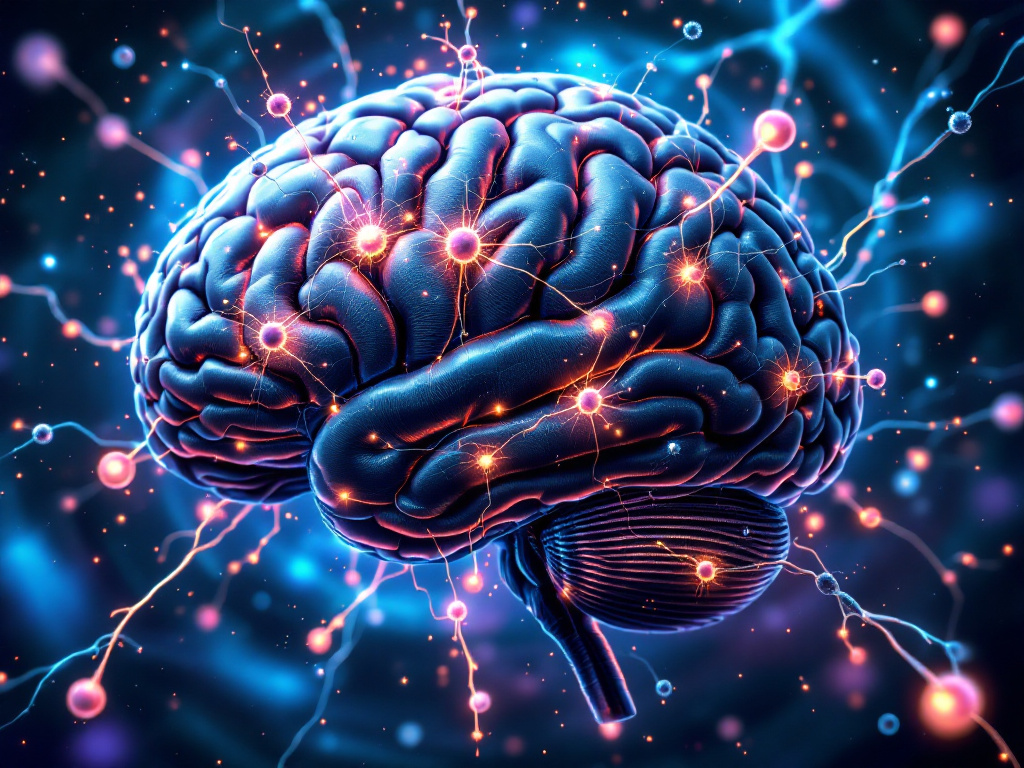The possibility that the human brain operates through quantum processes has fascinated scientists and philosophers for decades. This theory, often referred to as the quantum mind hypothesis, suggests that quantum phenomena such as coherence and entanglement could play a crucial role in cognitive functions and consciousness. But what does science really say?
The Quantum Mind Hypothesis
In the 1990s, physicist Roger Penrose and anesthesiologist Stuart Hameroff proposed the theory of Orchestrated Objective Reduction (Orch OR). According to this theory, consciousness arises from quantum processes within microtubules, protein structures found in neurons.
The two researchers hypothesize that microtubules can maintain quantum coherence, influencing neuronal function and giving rise to consciousness. This theory suggests that the brain might leverage quantum parallelism, processing multiple pieces of information simultaneously, a phenomenon that could explain human cognitive abilities surpassing those of traditional computers.
Recent Supporting Evidence
In recent years, some studies have provided insights in favor of this hypothesis:
A 2022 study from Trinity College Dublin applied a method developed for studying quantum gravity to the human brain. The results suggest that the brain might indeed use quantum computation processes, which could explain how humans make rapid decisions and learn new information.
A 2016 study showed that fragile quantum states could persist in the human brain longer than previously thought. This suggests that such states could survive for hours or even days, even in the warm and humid environment of the brain, opening new perspectives on biological quantum computing.
Criticism and Scientific Debate
Despite recent discoveries, many scientists remain skeptical. The main objections to the quantum mind hypothesis include:
Quantum decoherence: Quantum states are extremely sensitive and tend to collapse quickly when interacting with their environment. The chaotic environment of the brain makes it unlikely that such states persist for a significant amount of time.
Lack of concrete experimental evidence: While some studies suggest quantum processes in the brain, the scientific community requires further confirmation to definitively validate this hypothesis.
The idea that the human brain might operate through quantum processes is fascinating and could revolutionize our understanding of consciousness and cognitive functions. However, current evidence remains preliminary and controversial.
While some experiments suggest that the brain exploits quantum phenomena, the debate remains open, and many questions remain unanswered. In the coming years, research in this field could lead to new and surprising discoveries, but for now, the scientific community remains cautious in fully embracing the quantum mind hypothesis.
What do you think? Is the brain really a quantum computer, or is it just an intriguing theory without solid foundations? Share your opinion in the comments!
References
Science Daily: Quantum processes in the brain
Quanta Magazine: A new spin on the quantum brain








Leave a Comment